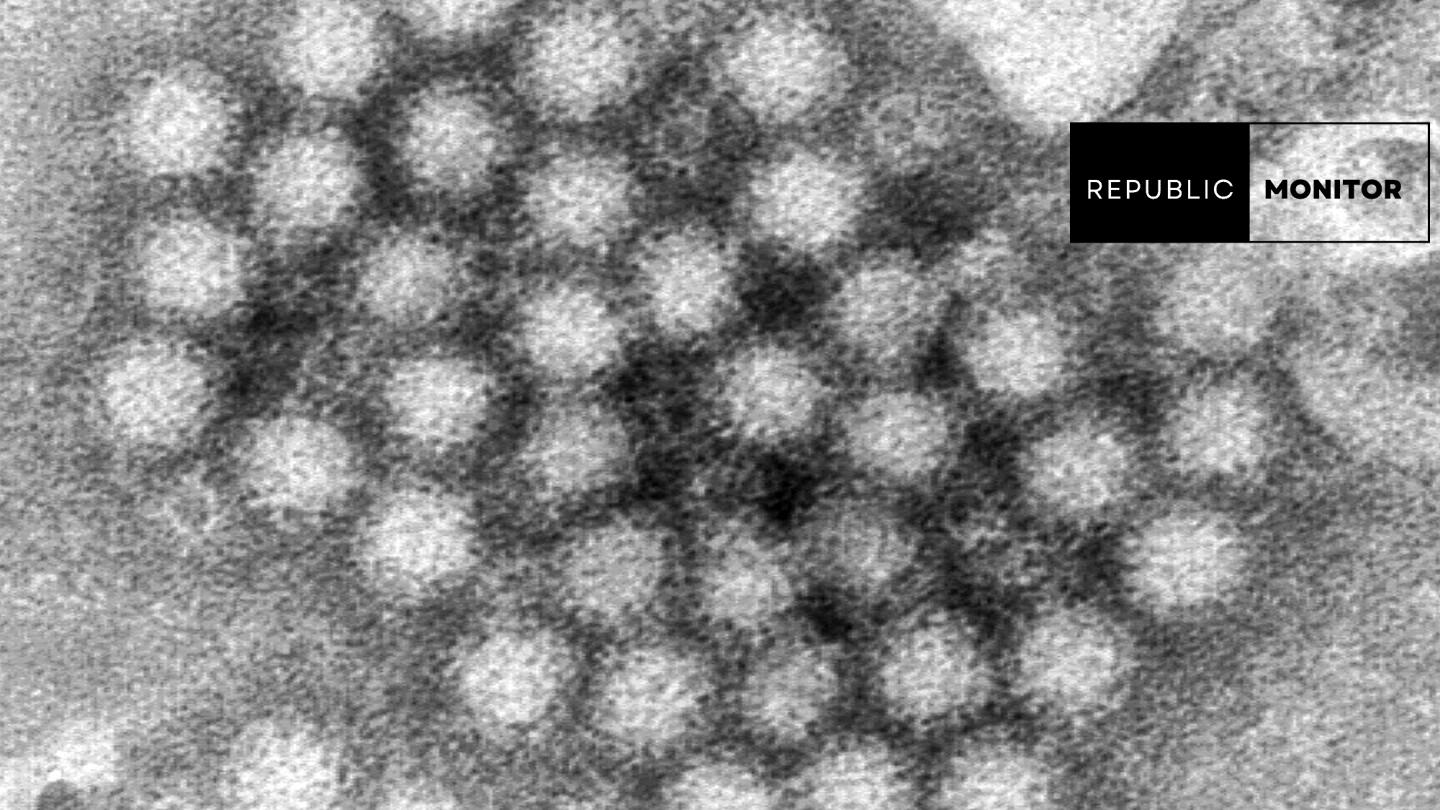Reports are coming in that norovirus cases are on the rise in many areas of the United States, according to the latest data from the Centers for Disease Control and Prevention (CDC). During the week of December 5th, the CDC noted an alarming increase, marking 91 norovirus outbreaks. This figure is more than double what was reported in previous winter seasons, signalling that this highly contagious virus is becoming a serious concern.
What is norovirus?
Norovirus is a very contagious virus that can lead to severe stomach issues, commonly referred to as a stomach bug. It is the leading cause of foodborne illness in the U.S., accounting for about 58% of all such illnesses. Each year, millions of people fall ill due to norovirus, often resulting from contaminated food, water, or surfaces.
How do you get it?
This sneaky virus spreads easily and can be contracted through several ways. You can catch norovirus by:
- Eating contaminated food, especially seafood like oysters.
- Drinking contaminated water.
- Touching surfaces or objects contaminated with the virus and then touching your mouth.
- Being in close contact with someone who is infected.
Norovirus symptoms
Symptoms usually appear 12 to 48 hours after being exposed to norovirus, and they can include:
- Vomiting
- Diarrhea
- Nausea
- Stomach pain
- Body aches
- Headache
- Fever
Most people experience these symptoms for one to three days and recover without needing any medical treatment; however, some may experience severe dehydration and require medical assistance.
Who’s at risk?
While anyone can catch norovirus, certain groups are at higher risk for severe illness. This includes young children, older adults, and individuals with weakened immune systems. Because of this, it’s important for these groups to take extra precautions to avoid getting sick.
How can I protect myself?
Prevention is critical in stopping the spread of norovirus. Here are some practical steps you can take:
- Practice good hand hygiene by washing your hands frequently with soap and water, especially before eating or preparing food.
- Disinfect surfaces regularly, especially in shared areas like kitchens or bathrooms.
- Avoid touching your face, particularly your mouth and eyes, as the virus can enter through mucous membranes.
- If you’re feeling ill, stay home to prevent spreading the virus to others.
- Be cautious with food preparation, especially seafood, and ensure food is cooked properly.
In addition to these practices, it’s wise to stay informed about local outbreaks and follow any public health recommendations that arise.
| Statistic | Value |
|---|---|
| Annual Norovirus Illnesses | 19-21 million |
| Annual Deaths | 900 |
| Annual Hospitalizations | 109,000 |
As cases of norovirus continue to rise, it’s crucial for everyone to remain alert and take proactive steps to stay healthy. Simple actions like washing your hands can make a big difference in protecting yourself and those around you.
















